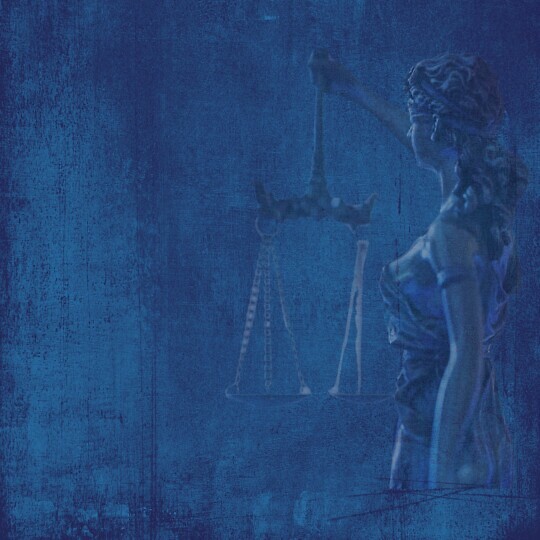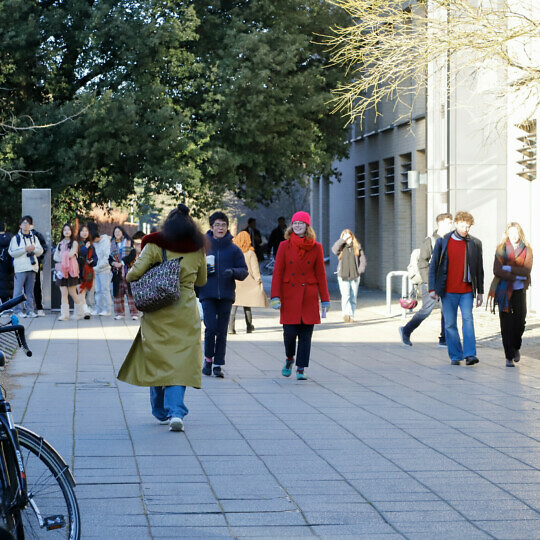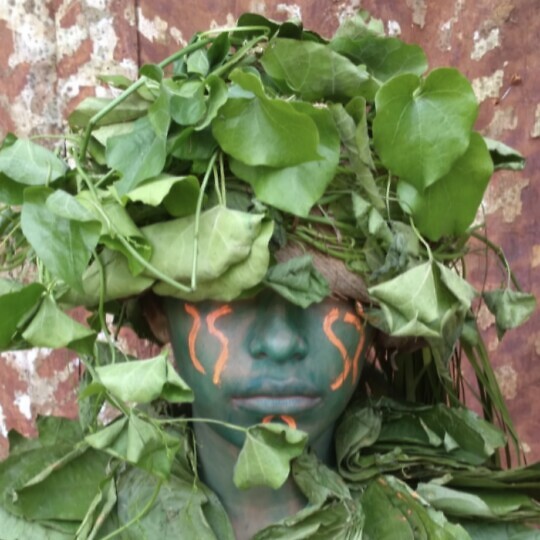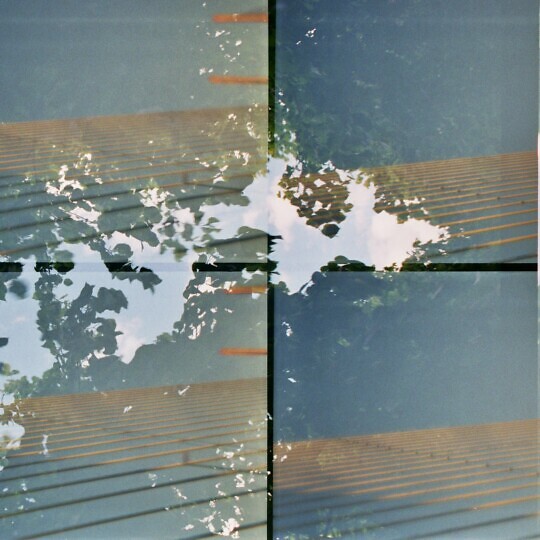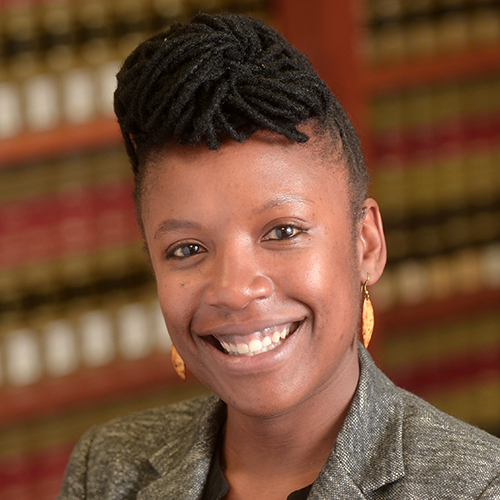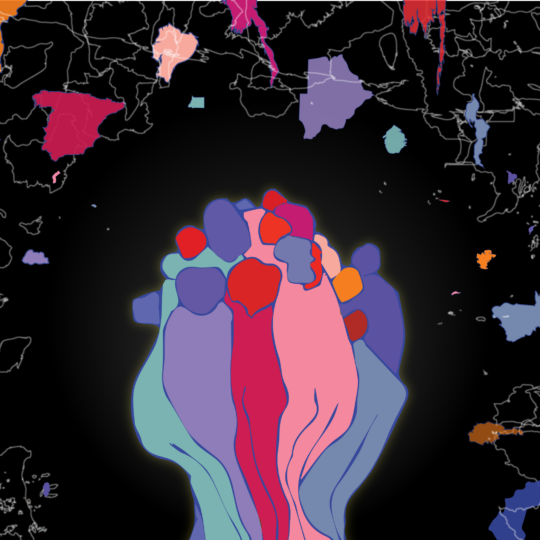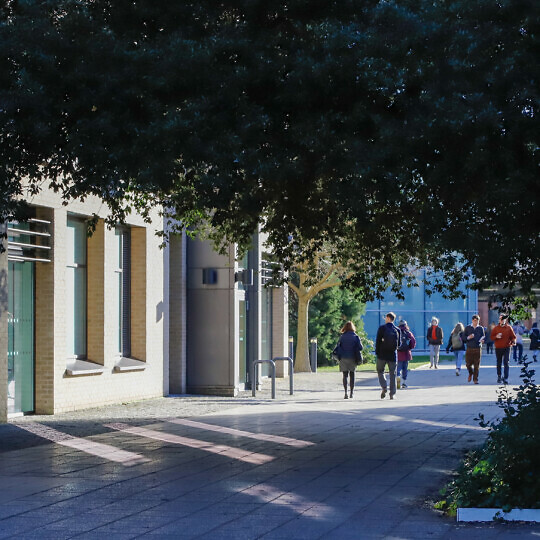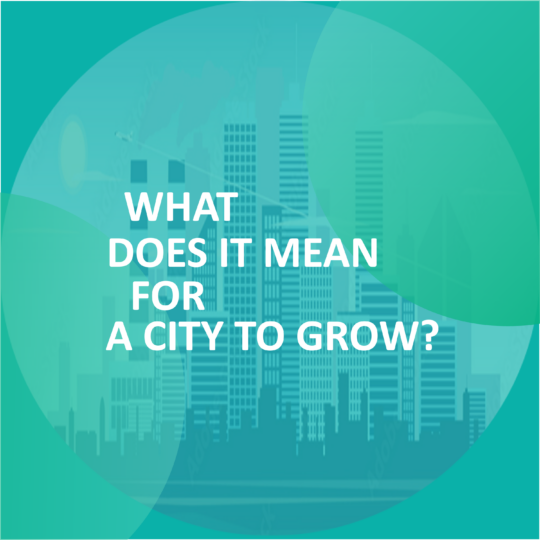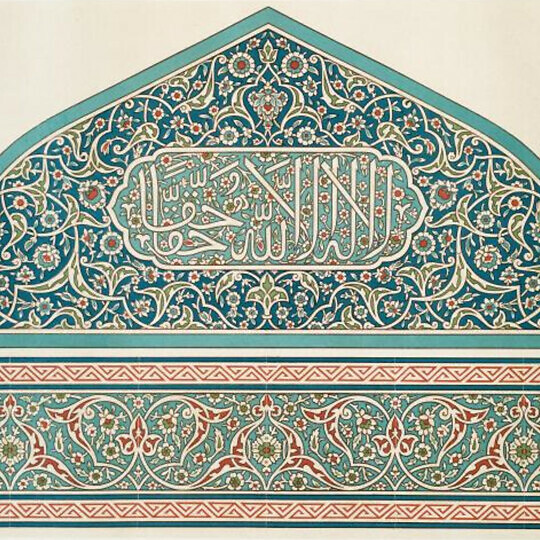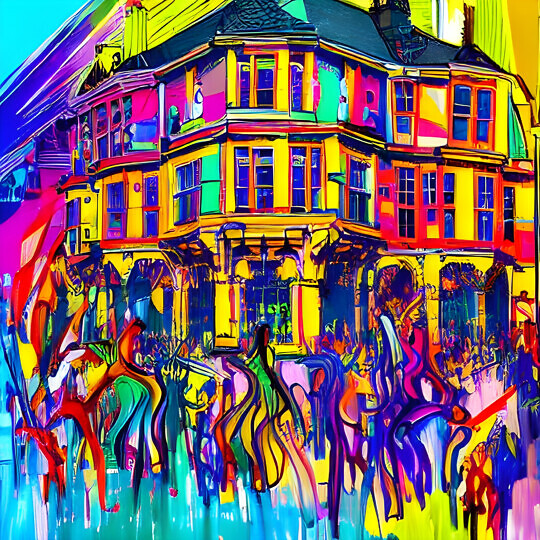| 11 Jun 2021 - 12 Jun 2021 | All day | Rooms SG1 & SG2, Alison Richard Building, 7 West Road, Cambridge, CB3 9DT | |
- Description
- Programme
Description
Sign up to the CRASSH Newsletter for more information and updates on this conference.
Convenor
Aaron Kachuck (University of Cambridge)
Speakers
Gianfranco Agosti (Rome, La Sapienza)
Daniel Barbu (Paris, CNR)
Christopher Cochran (Harvard)
Claudio Ehrenfeld-García (National Autonomous University of Mexico)
Richard Flower (Exeter)
Simon Goldhill (Cambridge)
Aaron Kachuck (Cambridge)
Sophie Lunn-Rockliffe (Cambridge)
Anna Marmodoro (Oxford / Durham)
Lea Niccolai (Cambridge)
Aaron Pelttari (Edinburgh)
Isabella Sandwell (Bristol)
Claudia Tiersch (Berlin, Von Humboldt)
Summary
This two-day interdisciplinary conference aims to re-assess the shape and make-up of classical culture in the context of the fourth-century transformation of the literary, philosophical, and theological past of Greece and Rome. The structure of the event is conceived as an experiment in form. The touchstone of each panel will be the life and writings of one of the most complex, heterodox, and polyvalent figures of the time: Synesius of Cyrene. Politician, poet, rhetorician, philosopher, (reluctant) bishop, consecutively (or simultaneously) pagan and Christian, Synesius, self-confessed heir to a vast classical tradition, represents in his eclecticism an ideal way to understand the strange new forms that the cultural canon that he received was to take in his hands and in the traditions that followed him. A descendent (or so he claimed) of the ancient Spartans, he was born in Libya, educated in Alexandria of Egypt, posted for three years to Constantinople, railed and fought against the barbarians: he represents the cross-roads of impulses deriving from both the core of the Greco-Roman empire, as well as its far-flung peripheries, not only around the Mediterranean littoral, but also across the Near East.
Each panel will explore a different theme central to Synesius’ work and of interdisciplinary impact, including the mind and body problem; the relationship between Greco-Roman and Near Eastern cultures; elite relationship with lower classes; strategies for political rhetoric; forms of worship of the divine; and the challenge of laughter in an age of rising dogmatism. In every panel, a paper on Synesius will be matched by one that looks at the same theme or genre through the eyes of one of his near-contemporaries (e.g. the bishop and theologian Augustine of Hippo; John Chrysostom, charismatic preacher and bishop of Constantinople; Claudian, poet and propagandist on behalf of the Western Roman emperor; Proclus, philosopher resident in Athens, and a militant pagan). As Synesius worked in a dazzling array of genres – including philosophy, lyric (Hymns), political rhetoric, homily, even allegorical history (Egyptian Tales), philosophical anthropology (Dion) and epistolography – his works are easily put in dialogue with major thinkers of his time, allowing scholars today the chance to achieve, through him and his works, for a synoptic view of contemporary culture.
All papers will be pre-circulated to speakers and registered participants.
Supported by:
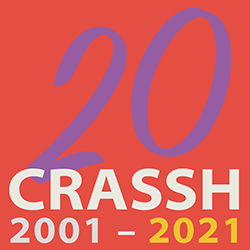 | A.G. Leventis Foundation
| A.G. Leventis Foundation
If you have any specific accessibility needs for this event please get in touch. We will do our best to accommodate any requests.
Conference assistance: events@crassh.cam.ac.uk
Programme
Day 1 |
|
| 08.45-09.15 | Registration and Refreshments |
| 09.15-09.30 | Welcome and Opening |
| 09.30-11.00 | Session 1: Mind and Body Chair: Shaul Tor
Aaron Kachuck (Cambridge) Macrobius’ dreaming soul
Anna Marmodoro (Oxford / Durham) Minding the soul-body gap: Synesius on the nature of pneuma |
| 11.00-11.30 | Break |
| 11.30-13.00 | Session 2: Alien Wisdom Chair: Tim Whitmarsh
Lea Niccolai (Cambridge) Providence from Alexandria: Synesius’ Aegyptian tales
Daniel Barbu (Paris) Idolatry, Heresy and the Jews |
| 13.00-14.00 | Lunch |
| 14.00-15.30 | Session 3: Mass and Elite Chair: John Weisweiler
Claudia Tiersch (Von Humboldt, Berlin) John Chrysostom and the people of Constantinople – spiritual relationship or incitement to social revolution?
Gianfranco Agosti (La Sapienza, Rome) Revisiting late antique iambic idea |
| 15.30-16.00 | Break |
| 16.00-17.30 | Session 4: Addressing the King Chair: Cédric Scheidegger
Richard Flower (Exeter) Synesius’ imperial rhetoric.
Aaron Pelttari (Edinburgh) Mythology and philosophical allegory in Claudian. |
Day 2 |
|
| 10.00-10.30 | Refreshments |
| 10.30-12.30 | Session 5: Addressing the Divine Chair: Renaud Gagné
Christopher Cochran (Harvard) The doulology of Soul in Synesius’ Hymns
Sophie Lunn-Rockliffe (Cambridge) Evil agents in Prudentius’ Liber Cathemerinon
Isabella Sandwell (Bristol) Gregory of Nyssa’s use of the analogy of begetting for the Trinity |
| 12.30-13.30 | Lunch |
| 13.30-15.00 | Session 6: Satire and the Late Antique World Chair: Rebecca Laemmle
Claudio Ehrenfeld-García (National Autonomous University of Mexico) Like demigods among mules: models of Synesius’ sophistic satire.
Simon Goldhill (Cambridge) Synesius and the literary past |
| 15.00-15.30 | Break |
| 15.30-16.30 | Final Discussion |

